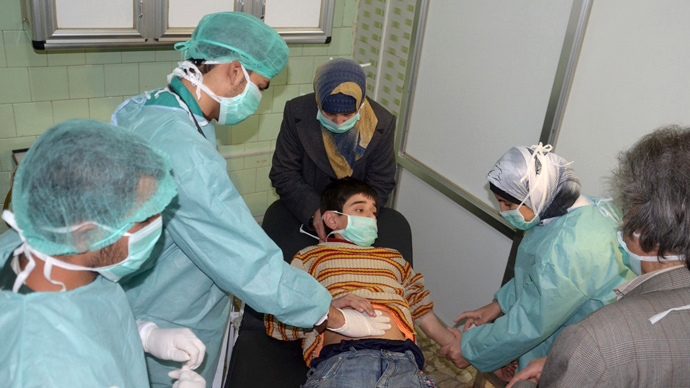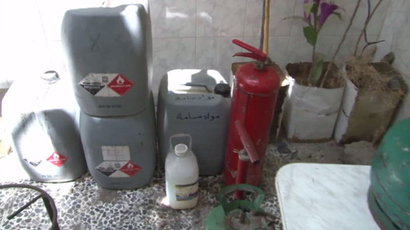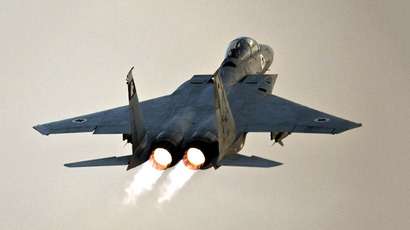Syria to allow UN chemical weapon investigators to explore three sites

Syria has agreed to let three sites undergo investigation by a team of UN chemical weapons experts to assess whether the accusations that the country employed the devices during the country’s two year civil war carry any weight.
“The Mission will travel to Syria as soon as possible to
contemporaneously investigate three of the reported incidents,
including Khan al-Asal,” UN Secretary-General Ban Ki-moon's
press office told Reuters in a statement.
The UN did not identify the two additional sites to be
investigated. Access for that investigation was the subject of
negotiations between the Syrian government and the UN disarmament
chief Angela Kane as well as the head chemical weapons inspector
Ake Sellstrom last week in the capital of Damascus.
The Syrian government claims that rebels were responsible for
chemical weapons usage in the region while the rebels accuse the
government of playing a role. Earlier this month, Russia
submitted to the UN its analysis of samples taken west of Aleppo,
where chemical weapons had allegedly been used in March.
“We submitted a full set of documents [to the UN]. That’s over
80 pages, including photographs and precise geographic
coordinates [of places where samples were taken], procedures and
results,” Russia’s foreign minister Sergey Lavrov pointed
out.
Russia’s findings indicated that it was rebels behind the Khan
al-Assal incident, in which more than 30 people died. The United
States cast doubt on the Russian analysis saying its own
intelligence services believed Syrian government forces had used
chemical weapons, including sarin, “on a small scale against
the opposition.”
However the evidence provided by the US, UK, and France did not
meet standards, with Paulo Pinheiro, chairman of the UN
commission’s inquiry into rights violations in Syria saying that
his commission was “very worried about the chain of custody of
the substances.”
Those claims, and likely pressure from both the UK and France,
are thought to be behind President Obama’s announcement that the
US would be ramping up intervention in the conflict, including
possible military support for Syria’s rebels. Those efforts have
been delayed in Congress due to fears that arms could fall into
the hand of al-Qaeda affiliated Islamist groups operating in
Syria, including the al-Nusra Front.
The UN says it has received some 13 reports of alleged use of
chemical weapons in Syria. The investigation now to be undertaken
by UN inspectors will be to establish if chemical weapons were
used, rather than to determine who was actually responsible for
the attack.
Damascus has asked UN investigators to visit Khan al-Assal on
several occasions, while the UN was rejecting requests and
demanding broad access across the country “without further
delay and without any conditions,” according to Ban's
spokesman Martin Nesirky.
Earlier in April Syria’s Foreign Ministry compared UN efforts to
broaden a probe into chemical weapons use to the organization’s
role in the run-up to the invasion of Iraq by the US.
It is “at odds with the Syrian request. It shows there are
hidden intentions...which violate Syrian sovereignty,” a
government statement on state television said. “Syria cannot
accept these manoeuvres.”














